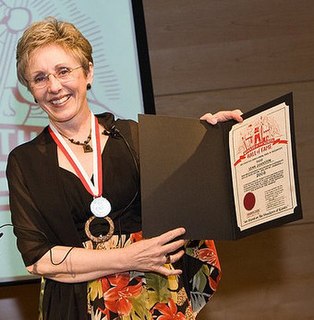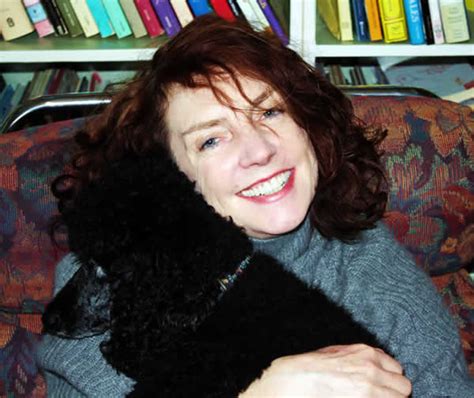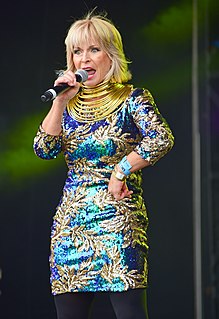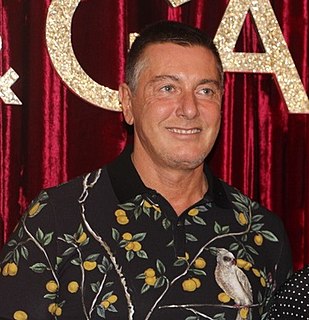A Quote by Kangana Ranaut
When I was born, my parents - my mother especially - couldn't come to terms with that fact that they had another baby girl. I know these stories in detail because every time a guest visited, or there was a gathering, they repeated this story in front of me that how I was the unwanted child.
Related Quotes
Rilke has a very bizarre relationship to women because his mother had an older child, a girl who died when she was a baby. So when Rilke was born she named him Sophie and dressed him as a girl until he was 7. And psychologically, the repercussions of that made him the genius that he is. By the time he was 35, he was continuously falling in love with older women, mother figures, spiritual mothers.
I've always assumed that every time a child is born, the Divine reenters the world. Okay? That's the meaning of the Christmas story. And every time that child's purity is corrupted by society, that's the meaning of the Crucifixion story. Your man Jesus stands for that child, that pure spirit, and as its surrogate, he's being born and put to death again and again, over and over, every time we inhale and exhale, not just at the vernal equinox and on the twenty-fifth of December.
I received so many hate letters when I breast-fed a starving baby in Africa. I was in Sierra Leone in 2009 and I was weaning my child at that time - she was not there with me. There was a hungry baby who was crying because his mother had no milk, and I thought, 'Why throw away my milk if I can give it to a baby who needs it?'
Every baby born
unloved, unwanted, is a bill that will come
due in twenty years with interest, an anger
that must find a target, a pain that will
beget pain. A decade downstream a child
screams, a woman falls, a synagogue is torched,
a firing squad is summoned, a button
is pushed and the world burns.
I was born an ugly duckling due to my mother's ill health. She wasn't supposed to be pregnant, there were all kinds of complications, she couldn't survive a cesarean section etc. She said, "They didn't hand me a child, they handed me a purple melon." I heard that when I had grown up and had no idea of the whole story because the family album had pictures of a covered carriage and my mother smiling so I assumed I was asleep.
A young pregnant wife has been hospitalized for a simple attack of appendicitis. The doctors had to apply ice to her stomach and when the treatments ended the doctors suggested that she abort the child, they told her it was the 'best solution' because the baby would be born with some disability but the young brave wife decided not to abort, and the child was born. That woman was my Mother and I was the child.
I have always felt that too much time was given before the birth, which is spent learning things like how to breathe in and out with your husband (I had my baby when they gave you a shot in the hip and you didn't wake up until the kid was ready to start school), and not enough time given to how to mother after the baby is born.
I think of the chimp, the one with the talking hands. In the course of the experiment, that chimp had a baby. Imagine how her trainers must have thrilled when the mother, without prompting, began to sign her newborn. Baby, drink milk. Baby, play ball. And when the baby died, the mother stood over the body, her wrinkled hands moving with animal grace, forming again and again the words: Baby, come hug, Baby come hug, fluent now in the language of grief.




































